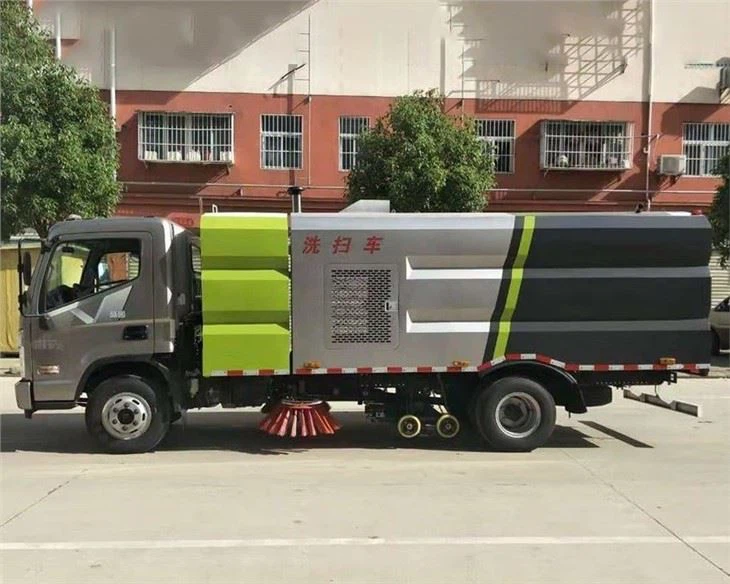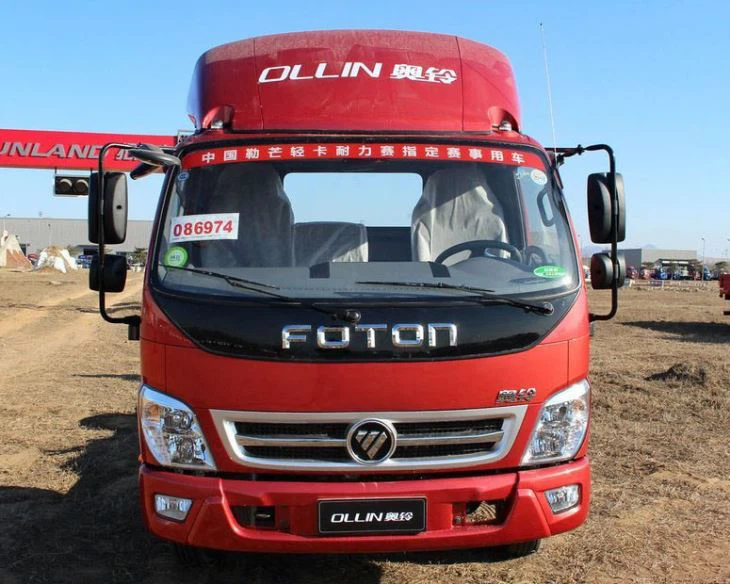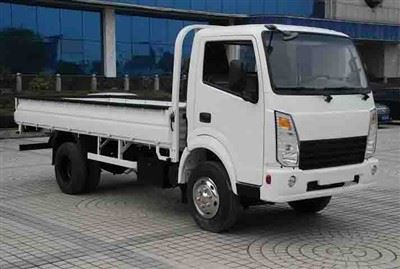Understanding Compactor Containers: An In-Depth Guide

In today’s waste management landscape, compactor containers play a crucial role in ensuring efficiency and sustainability. This comprehensive guide will delve into what compactor containers are, their various types, how they work, their advantages, practical applications, and a lot more. By the end, you will have a thorough understanding of these essential tools for waste management.
What is a Compactor Container?
A compactor container is a specialized waste management system designed to compress waste materials, thereby reducing their volume significantly. This device is particularly useful in commercial and industrial environments where large amounts of waste are generated. The compaction process allows businesses to manage their waste more effectively and economically.
How Compactor Containers Work
Compactor containers utilize a hydraulic system to press down on waste materials, compacting them into dense blocks. The compacted waste is then stored in a durable container until it is ready for collection. The main components of a compactor container include:
- Compaction chamber
- Hydraulic system
- Control panel
- Waste container
Efficiency in Waste Management
By reducing the size of waste, compactor containers make it possible to optimize transportation logistics, as fewer trips are needed to dispose of waste. This not only saves time but also reduces fuel costs and greenhouse gas emissions associated with waste collection.
Types of Compactor Containers
There are several types of compactor containers, each designed to meet different waste management needs. Understanding the distinctions can help businesses choose the right type for their operations.
Commercial Compactors
Commercial compactors are typically used in businesses, retail stores, and restaurants. These units are designed to handle a wide variety of waste, including cardboard, plastic, and general trash.
Industrial Compactors
Industrial compactors are larger and more robust units, suitable for factories and large manufacturing facilities. They are built to handle heavy and bulk waste materials like metals and large equipment parts.
Stationary Compactors
Stationary compactors remain in one position and are usually connected to a waste container. They are ideal for businesses that generate large volumes of waste regularly.
Portable Compactors
Portable compactors can be moved from one location to another, making them suitable for construction sites or events. They combine the benefits of compaction with mobility.
Benefits of Compactor Containers
Utilizing compactor containers offers several advantages, particularly for businesses that generate considerable waste.
Space-Saving
Compacted waste takes up significantly less space than loose refuse, allowing businesses to manage waste more efficiently without sacrificing valuable storage area.
Cost-Effectiveness
By reducing the frequency of waste pickups, compactor containers can lower disposal costs. Businesses save money on both transportation and landfill fees.
Environmental Benefits

Less waste transported means lower carbon emissions. Using compactor containers contributes to environmental sustainability and fosters a greener business model.
Improved Safety and Hygiene
Compacted waste minimizes pests and odors, leading to a cleaner and healthier work environment. This is especially crucial for food processing or medical disposal sectors.
Practical Applications of Compactor Containers
Understanding how compactor containers fit into various industries is essential for effective waste management strategies.
Retail Businesses
Retail stores often generate a mix of waste, including packaging, cardboard, and general refuse. Compactor containers help maintain cleanliness and manage bulk waste effectively.
Construction Sites
Construction sites can benefit from portable compactors, which handle heavy debris and keep the area organized. They streamline waste management, enabling quicker project turnaround.
Hospitality Industry
Restaurants and hotels generate substantial waste, including food scraps and packaging. Compactor containers not only minimize waste volume but also enhance hygiene and cleanliness.
Manufacturing Facilities
In manufacturing, especially in industries generating large quantities of scrap, industrial compactors can process waste quickly, improving overall operational efficiency.
Choosing the Right Compactor Container
Selecting the appropriate compactor container involves considering various factors to meet specific waste management needs effectively.
Assess Waste Volume and Type

Evaluate the amount and types of waste generated. This assessment helps determine the size and type of compactor container required.
Space Requirements
Determine the available space for placing the compactor container. Consider both the footprint and the height of the unit for proper operation.
Regulatory Considerations
Understand local waste management regulations to ensure compliance with waste disposal laws and guidelines.
Maintenance and Care for Compactor Containers
Proper maintenance of compactor containers ensures longer service life and peak efficiency.
Regular Inspections
Conduct routine inspections to identify wear and tear on components, ensuring timely repairs and avoiding unexpected breakdowns.
Cleaning and Sanitizing
Keep the compactor clean to avoid odors and pest infestations. Sanitize the interior regularly, especially in food-related businesses.
Service and Repairs
Schedule professional servicing at regular intervals to address any mechanical issues and ensure that the system operates smoothly.
Cost Considerations for Compactor Containers
Investing in a compactor container involves understanding the associated costs, which can vary based on type, size, and installation requirements.
Initial Purchase or Lease Costs
Businesses can choose to purchase or lease compactor containers. Purchasing offers ownership benefits, while leasing can reduce upfront costs.
Operational Costs
Consider ongoing costs such as electricity for operation, routine maintenance, and disposal fees in budgeting for a compactor container.
Long-term Savings
Though the initial investment may be significant, the long-term savings on waste disposal and management can provide substantial financial benefits.
Case Studies: Successful Implementation of Compactor Containers
Examining real-world examples can illustrate the benefits and efficiencies gained from implementing compactor containers.
Case Study 1: Retail Chain Implementation
A national retail chain implemented stationary compactor containers across its locations. This led to a 35% reduction in waste disposal costs while improving cleanliness in the stores.
Case Study 2: Construction Company Efficiency
A construction company utilized portable compactor containers on site, reducing waste pickup frequency from bi-weekly to monthly. This change resulted in significant cost savings on transportation.

Case Study 3: Restaurant Waste Management
A large restaurant chain adopted compactor containers, successfully reducing food waste volume by 60%. This initiative improved hygiene and allowed for more recyclable materials to be processed.
Frequently Asked Questions (FAQs)
1. What types of waste can be compacted?
Compactor containers can handle a variety of waste materials, such as cardboard, plastics, food waste, and industrial refuse, depending on the type of compactor used.
2. How often should compactor containers be emptied?
The frequency of emptying depends on the amount of waste generated, but regular checks will help determine the optimal schedule, often ranging from weekly to monthly.
3. Can compactor containers reduce costs?
Yes, compactor containers can significantly reduce waste disposal costs by minimizing the number of pickups required and decreasing the overall volume of waste.
4. Are there environmental benefits to using compactor containers?
Absolutely. They not only reduce the volume of waste going to landfills but also decrease emissions by reducing transportation needs, contributing to a more sustainable waste management approach.
5. Is maintenance difficult for compactor containers?
regular inspections and servicing by professionals will keep maintenance manageable. Routine cleaning and care will ensure longevity and efficiency without extensive efforts.
6. Can I lease a compactor container instead of buying one?
Yes, many companies offer leasing options for compactor containers, which can be a cost-effective solution, especially for businesses with fluctuating waste generation.
